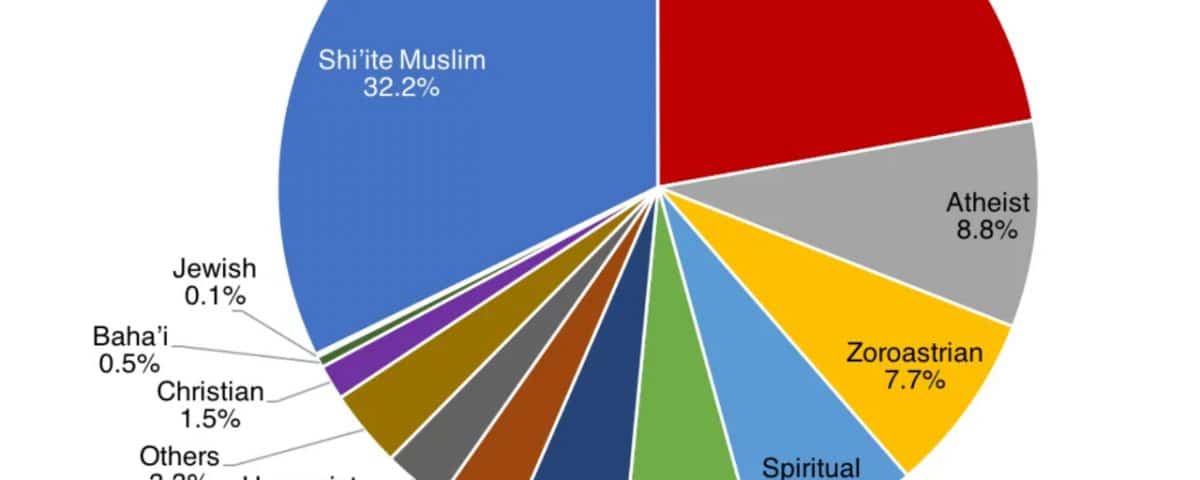“For many Iranians, Atheism is equal to Satanism”

Iranians’ Attitudes Toward Religion: A 2020 Survey Report Credit: gamaan.org/
We are going to invite a variety of people, including equal rights activists, researchers and journalists, to share their experiences and their views on the challenges, achievements and rights of the religious minorities and civil society in Iran at the Mvoices’ “Carte Blanche”.
For this number, we have invited Sepideh Nasseri, a civil rights activist, artist, and atheist based in Sweden, to share her experience of being an atheist in Iranian society:
Let’s start with the problems atheists face in Iran. According to a recent poll by the GAMAAN Institute in the Netherlands, 9% of Iranians have claimed/claim to be atheists, and only 32% of Iranians consider themselves the followers of Shia Islam, which has been mandated as the Official Religion of Iran.
In a country like Iran, where the ruling regime tries to inject Islamic laws into every aspect of the people’s life, an atheist faces numerous problems from school to marriage. I, as an atheist, must lie about my lack of belief in God to avoid being arrested and condemned or even accused of “Spreading corruption on earth” and sentenced to the death penalty.
in my opinion, however, one of the most important problems Iranian atheists have is the traditional and religious context of families in Iran.
But in my opinion, however, one of the most important problems Iranian atheists have is the traditional and religious context of families in Iran.
Considering the fact that Islam has created fear in the generations before us, it has always prevented us from thinking about God and challenging Him. There are many people who will probably consider us Satanists and will treat us as someone possessed by an evil spirit. They will often negatively react when atheists argue about God, mainly because their own beliefs will be questioned.
Although atheists are being repressed, as are many others who have a belief different from the political discourses and ideology of the State, they do not need a place of worship and ministry, though some atheists do publicize their beliefs and try to convince those around them, however. .
Atheism is not a religion, but; rather, it is a personal, science-based belief. In an ideal Iran, atheism could be offered as an elective course in a curriculum to the people who want to know more about it.
